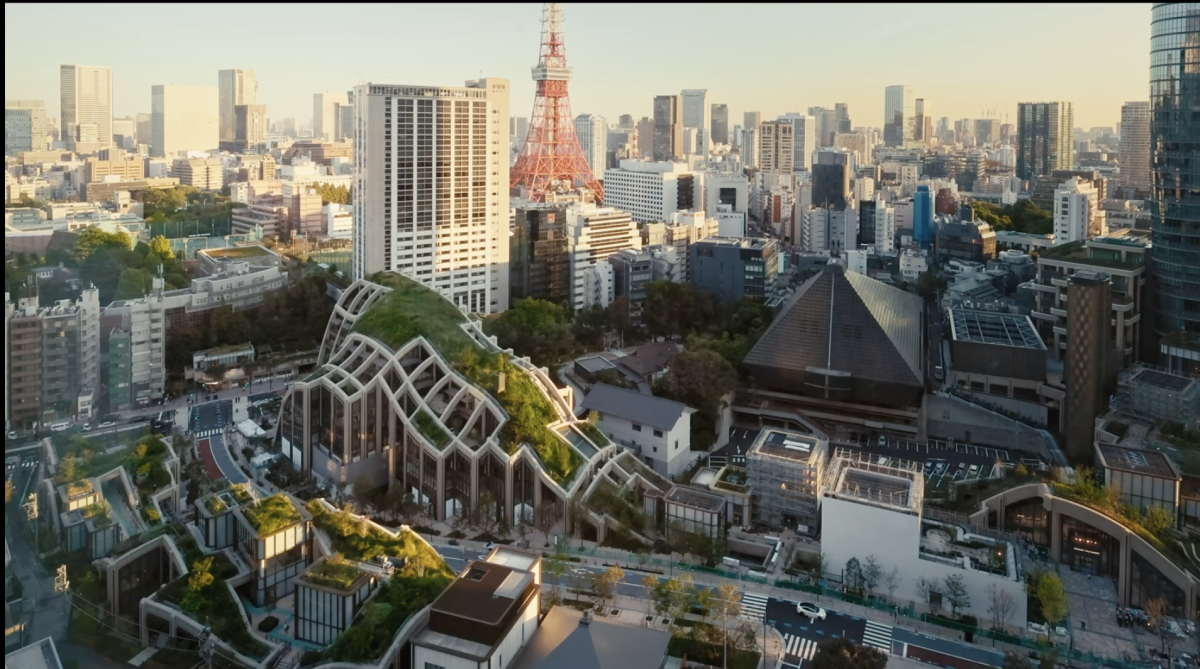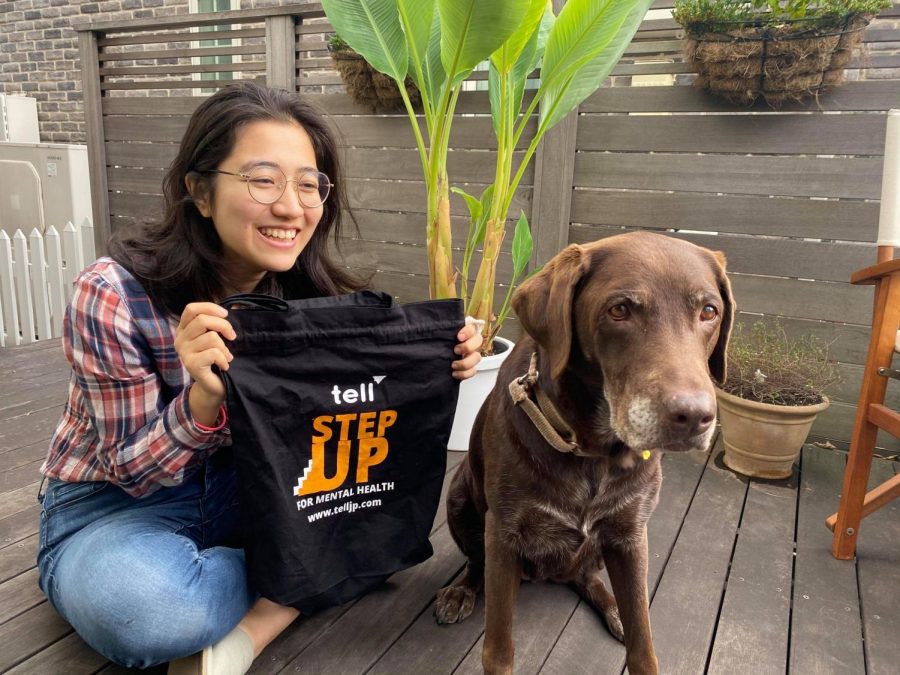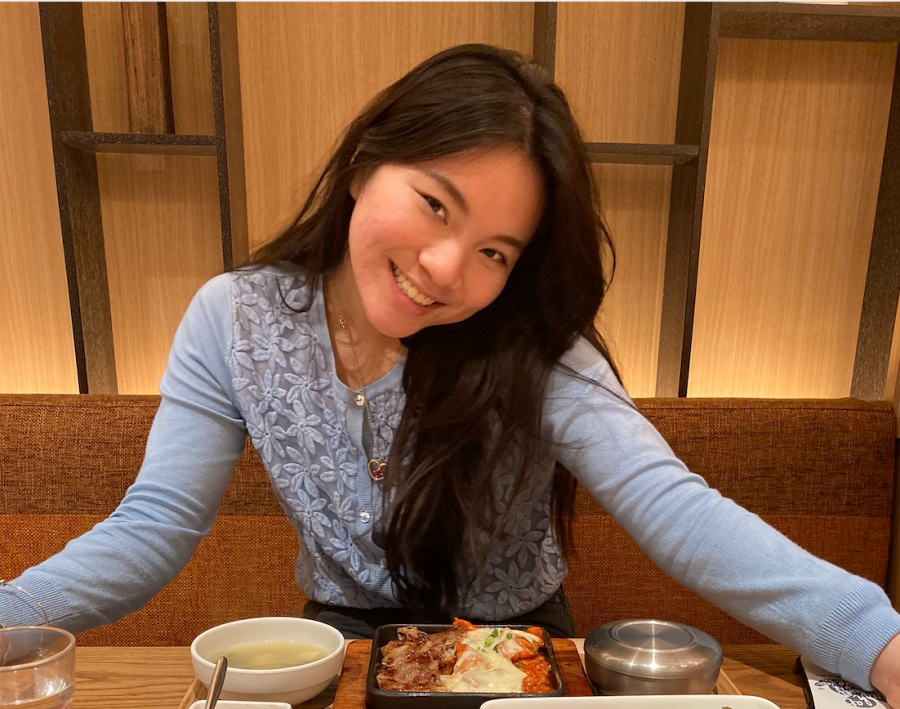
 Japan
JapanYuki K. ('26), Kayla L. ('26), SJ Lee (SMIS'27), and Kaito Parsons (SMIS'27) | June 10, 2025


 Arts and Entertainment
Arts and EntertainmentJuho K. (‘26), Arts and Entertainment Editor | May 29, 2025
 Showcase
ShowcaseYuki K. ('26) | May 29, 2025
 Internet culture
Internet cultureMae M. ('26) | May 29, 2025


 Showcase
ShowcaseAna I. ('27) | May 27, 2025

Florence Kintzel, class of 1983

Yuki K. ('26), Kayla L. ('26), SJ Lee (SMIS'27), and Kaito Parsons (SMIS'27)

Juho K. (‘26), Arts and Entertainment Editor

Yuki K. ('26), Kayla L. ('26), SJ Lee (SMIS'27), and Kaito Parsons (SMIS'27)
While the concept of an aging society may initially seem demoralizing, it essentially opens the door to numerous new possibilities.

This senior class is a resilient one: they have made their mark with excellent academics, crucial involvement in extracurriculars, and kindness that radiates into the rest of the student body, all while battling the numerous global events that have made their overall experience unordinary.

“They want to forget their negative feelings,” says Aoi Shimizu, explaining why teens drink, smoke, and overdose on cold medicine.
Social media glamorizes the trend, but behind it are stories of abuse, loneliness, and escape.

Often, when teaching an AP course, teachers feel pressured to rush through the curriculum to leave time for exam preparation. This creates a repetitive cycle of learning and teaching solely for the purpose of an exam. While the content of AP courses might be at a first-year college level, it tends to be very focused on memorization and test-taking skills, which is not what the students who wanted to go more in-depth in learning hoped to gain from these courses.
View All

This habit practiced amongst bilingual and multilingual individuals is often referred to as “code switching” or “code mixing.” A term frequently used amongst linguists, code switching is defined as the practice of alternating between two or more languages, dialects, or even accents during a conversation.

Swiping, switching and scrolling means we often fail to critically evaluate the things we read. Our need for quick satisfaction comes at the expense of our media literacy.

“You want to wake up in the morning and think the future is going to be great - and that’s what being a spacefaring civilization is all about,” Musk claims on the SpaceX website. “It’s about believing in the future and thinking that the future will be better than the past. And I can’t think of anything more exciting than going out there and being among the stars.” However, Musk's fixation on the future spurs the overlooking of pressing needs of the present.

How you present yourself, the adjectives you use in your essay, and the extracurriculars you put in now must reflect the very essence of your individuality or personal brand. With every step of the college admissions process an individual takes, the more carefully crafted the narrative becomes.
View All

Juho K. (‘26), Arts and Entertainment Editor
In the past, humor was inclusive and simple. Just a decade ago, the internet gathered on apps like Vine or Youtube, enjoying harmless prank videos or clumsy animal clips to laugh at. More recently however, Gen Z has invented brain-rot with underlying motive to ‘gatekeep’ and weaponize humor. Taunting the older generations for their inability to keep up with rapidly changing trends and brain-rot humor, Gen Z establishes supremacy over the digitally evolving world.

Swiping, switching and scrolling means we often fail to critically evaluate the things we read. Our need for quick satisfaction comes at the expense of our media literacy.

Mae M. ('26) and Aeymann A. (SMIS '25)
Interacting with and becoming familiar with a country's media isn’t just about broadening an individual student’s knowledge base: for international students, it is a powerful tool in forming valuable relationships with their international peers.

The first few episodes of the show lacked a strong storyline and the challenges became repetitive, but as the show progressed and aired over the course of three months, the Beast production crew noticeably improved.
View All

Yuki K. ('26), Kayla L. ('26), SJ Lee (SMIS'27), and Kaito Parsons (SMIS'27)
While the concept of an aging society may initially seem demoralizing, it essentially opens the door to numerous new possibilities.

“They want to forget their negative feelings,” says Aoi Shimizu, explaining why teens drink, smoke, and overdose on cold medicine.
Social media glamorizes the trend, but behind it are stories of abuse, loneliness, and escape.

Jimin S. ('27), Yunho Lee (SMIS '27), and Sion Lee (SMIS '28)
Tucked between the bustling economic hub of Shinjuku lies the “little Korea” of Japan. A quick train ride and a short walk are all it takes to enter Shin-Ōkubo, Tokyo’s convenient gateway to Korean culture.

The sun rose as Miyoko woke...
View All









































